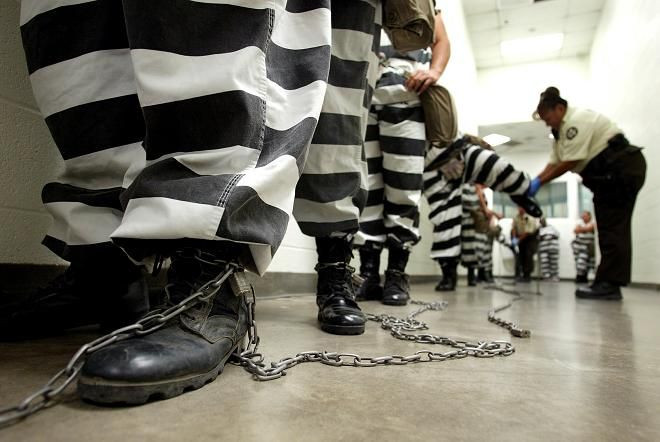Scientists Say Violent Crime is Associated With Brain Injuries Not Epilepsy

Epilepsy, sometimes referred to as the “Herculean Disease” because the mythical figure Hercules murdered his family in a fit of uncontrollable rage, is not directly associated with an increased risk of committing violent crime, according to experts.
Instead, researchers said individuals who have had previous traumatic brain injuries are more prone for violent behavior, according to a Swedish study led by Seena Fazel from University of Oxford.
"The implications of these findings will vary for clinical services, the criminal justice system, and patient charities," the authors wrote.
Researchers examined records of all people with epilepsy and traumatic brain injury in Sweden between 1973 and 2009 and compared each case with ten people without these conditions from the general population. Records were from subsequent data on all convictions for violent crime from personal identification numbers that identify people living in Sweden.
The study revealed that 4.2 percent of people affected with epilepsy had at least one conviction for violence compared to 2.5 percent of the general population, but after controlling for family situations like comparing epileptic individuals with their unaffected siblings, the correlation between those diagnosed with epilepsy and being convicted for violent crime vanished.
However, individuals who have suffered traumatic brain injury are more likely to commit violent crime. Researchers discovered that 8.8 percent of people affected with severe brain injuries had been convicted for violence compared to 3.0 percent of the general population that were matched to this group.
This finding “equated to an absolute risk increase of 5.8 percent in traumatic brain injury group” compared to the general population and individuals suffering from epilepsy after controlling for family situations.
People who have suffered traumatic brain injuries were three times more likely of committing a violent crime, and the odds ratio remained doubled even after researchers controlled for family situations like in the epilepsy group.
The study included over 22,000 individuals for each of the epilepsy and traumatic brain injury groups. Researchers said that their study was more than 50 times larger than previous studies on epilepsy and seven times larger than earlier studies on brain injury, according to a statement.
"Comparing the conviction rates before and after the diagnosis would provide another perspective on the effect of the illness on violent crime," said Jan Volavka, psychiatrist and professor the New York University School of Medicine in a statement.
"Among the major strengths of the study are the very large sample size, comprising the entire population of Sweden, and the follow-up of 35 years. The findings are of major public health importance and provide inspiration for further research," Volavka added.



























